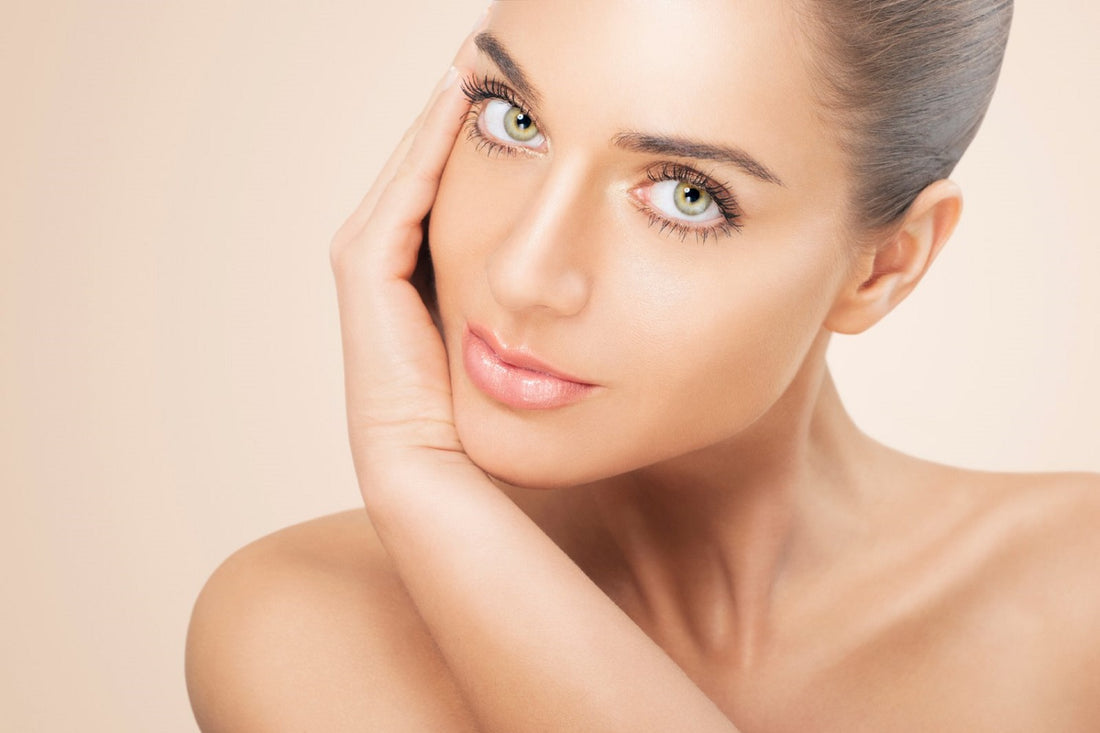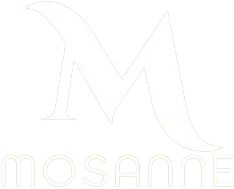
Acne Prevention and Treatment: Essential Tips for Clear Skin
Share
Acne is one of the most common skin concerns affecting people of all ages. It can range from occasional breakouts to severe, persistent conditions that impact self-esteem and quality of life. Fortunately, with the right approach, you can effectively prevent and treat acne, achieving clear and healthy skin. Here's a comprehensive guide to acne prevention and treatment.
Understanding Acne
Acne occurs when hair follicles become clogged with oil and dead skin cells. This can lead to whiteheads, blackheads, pimples, and cystic lesions. Several factors contribute to acne, including:
- Hormonal Changes: Fluctuations in hormones, particularly during puberty, menstruation, and pregnancy, can increase oil production and trigger acne.
- Diet: Certain foods, especially those high in sugar and dairy, can exacerbate acne in some individuals.
- Stress: Stress can cause hormonal imbalances that lead to increased oil production and acne breakouts.
- Genetics: A family history of acne can make you more prone to developing the condition.
Acne Prevention Tips
Preventing acne involves adopting a consistent skincare routine and making lifestyle changes that support skin health. Here are some key strategies:
-
Gentle Cleansing
- Wash your face twice daily with a gentle cleanser to remove excess oil, dirt, and impurities without stripping the skin of its natural moisture.
- Avoid harsh soaps and exfoliants that can irritate the skin and exacerbate acne.
-
Non-Comedogenic Products
- Use non-comedogenic (non-pore-clogging) skincare and makeup products to prevent clogged pores.
- Look for labels that specify "oil-free" and "won't clog pores."
-
Regular Exfoliation
- Exfoliate 1-2 times a week with a gentle exfoliant to remove dead skin cells and prevent clogged pores. Avoid over-exfoliating, as this can irritate the skin and worsen acne.
- Consider using chemical exfoliants like salicylic acid (BHA) or glycolic acid (AHA) for effective exfoliation.
-
Hydration and Moisturization
- Keep your skin hydrated by using a lightweight, oil-free moisturizer. Even oily skin needs hydration to maintain a healthy balance.
- Drink plenty of water throughout the day to keep your skin hydrated from within.
-
Healthy Diet
- Eat a balanced diet rich in fruits, vegetables, whole grains, and lean proteins. Some studies suggest that reducing sugar and dairy intake can help improve acne.
- Consider incorporating foods high in omega-3 fatty acids, like fish and flaxseed, which have anti-inflammatory properties.
-
Stress Management
- Practice stress-reducing techniques such as yoga, meditation, and deep breathing exercises to help regulate hormones and reduce acne breakouts.
-
Avoid Touching Your Face
- Keep your hands away from your face to prevent transferring bacteria and oils that can clog pores and cause breakouts.
- Avoid picking or squeezing pimples, as this can lead to scarring and infection.
Effective Acne Treatment Options
If you’re already dealing with acne, there are various treatments available that can help clear up your skin. Here are some of the most effective options:
-
Over-the-Counter Treatments
- Benzoyl Peroxide: Reduces acne-causing bacteria and helps to clear existing acne. Start with a lower concentration to avoid irritation.
- Salicylic Acid: Exfoliates the skin, unclogs pores, and reduces inflammation. It’s particularly effective for blackheads and whiteheads.
- Retinoids: Over-the-counter retinoids, like adapalene, promote cell turnover and prevent clogged pores.
-
Prescription Treatments
- Topical Antibiotics: Reduce bacteria and inflammation. Often used in combination with other treatments like benzoyl peroxide.
- Oral Antibiotics: For moderate to severe acne, oral antibiotics can reduce bacteria and inflammation throughout the body.
- Hormonal Treatments: Birth control pills and anti-androgen medications can regulate hormones and reduce acne in women.
- Isotretinoin (Accutane): A powerful oral medication for severe acne that hasn’t responded to other treatments. It reduces oil production and has long-lasting effects.
-
Professional Treatments
- Chemical Peels: Use acids to exfoliate the skin and improve acne and post-acne marks.
- Laser and Light Therapy: Targets bacteria and reduces inflammation. Some treatments also improve acne scars.
- Extraction Procedures: Performed by dermatologists to safely remove blackheads and whiteheads.
-
Skincare Routine Adjustments
- Spot Treatments: Apply benzoyl peroxide or salicylic acid spot treatments to individual pimples to reduce size and redness.
- Consistent Routine: Stick to a consistent skincare routine. Changes take time, and it may take several weeks to see improvements.
Conclusion
Acne prevention and treatment require a multi-faceted approach, combining a consistent skincare routine, healthy lifestyle choices, and appropriate treatments. By understanding the causes of acne and implementing these strategies, you can achieve clearer, healthier skin. Remember, patience and consistency are key, and consulting a dermatologist can provide personalized recommendations tailored to your specific needs.
